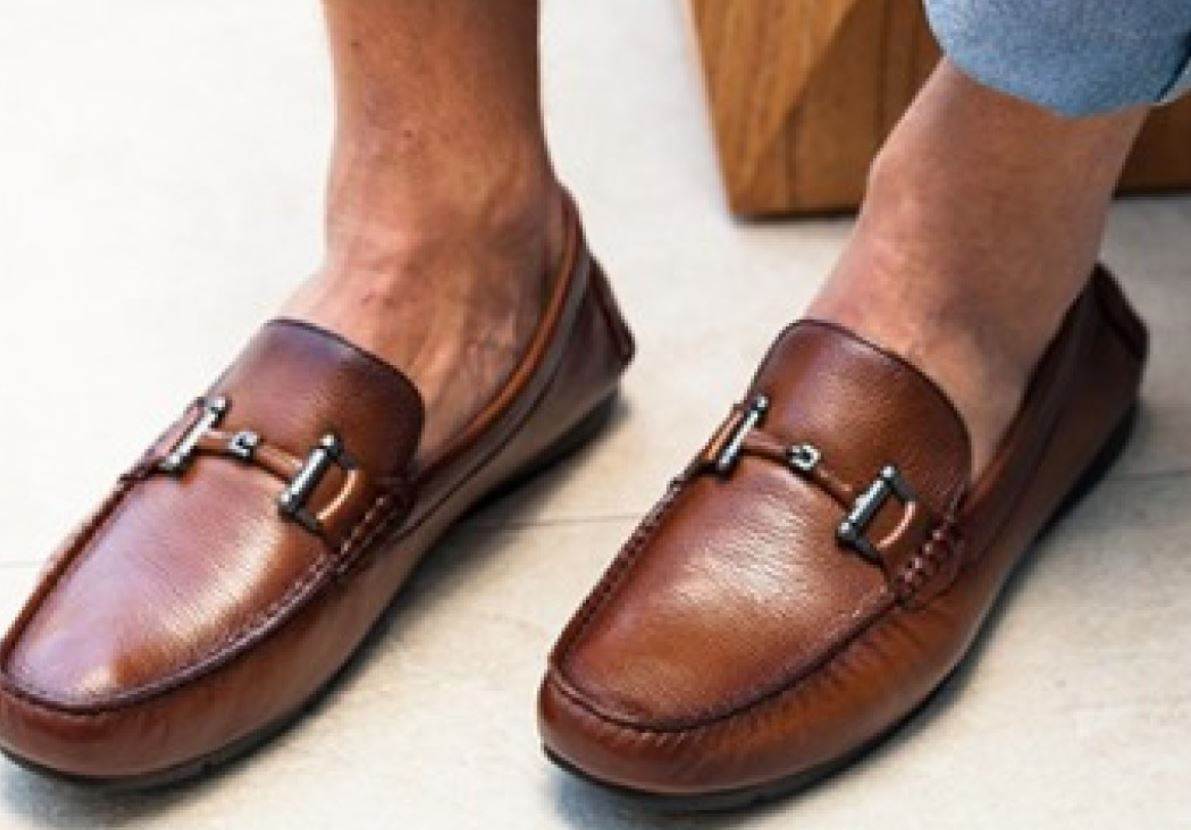Brazil: Export programme fundamental for shoe companies’ growth

Brazil exported 123.6 million pairs of shoes last year, 32% more than in 2020, and produced 800 million pairs, according to footwear association Abicalçados.
Haroldo Ferreira, executive president of the Abicalçados, said: "Brazilian footwear is an object of desire in the main markets, especially in Latin America, where we have, in addition to recognised quality and credibility, an important cultural similarity.”
Manufacturers have been supported by export programme Brazilian Footwear since 2000, a partnership between Abicalçados and the Trade and Investment Promotion Agency (ApexBrasil).
Founded in 1979, Andacco, from São Sebastião do Paraíso, has a strong presence in the international market and says its ability to produce leather from its own tannery differentiates it.
Company director Benevenuto Arantes said: “Today, 98% of our leather is owned. This fact helps us to have greater agility and flexibility, with the possibility of delivering smaller batches. In addition, we have lower costs in the production process.”
With a daily production of more than 4,000 pairs, of which it exports more than 50%, Andacco has been associated with Brazilian Footwear since 2008. According to Arantes, the programme plays a fundamental role in increasing shipments. “We participate in digital roundtables and international footwear fairs, where we have achieved important results," he said.
Children’s brand Pampili produces 15,000 pairs per day, of which 10% is exported to more than 40 countries. Pampili chief creative officer Diego Colli said: “Brazilian Footwear has always supported us in the events in the sector, helping us to compete in an equal way in the global market.
“We believe the complete supply chain in Brazil definitely puts us at a global advantage against the scenario of scarcity of resources, added to the international logistics crisis and the effects of the pandemic.”
Shoemaker Savelli produces 1,100 pairs of leather moccasins daily. With almost 70% of production for the international market, the company's export manager, Bruna Pini, said the selection of raw materials is key. “We cannot reduce the quality of materials because this will impact the quality of our delivery. We have a person dedicated to this function, who takes care of the selection of the leather while it has not been finished yet. We take great care to transform the skin into what the client needs.”
Image: Savelli







